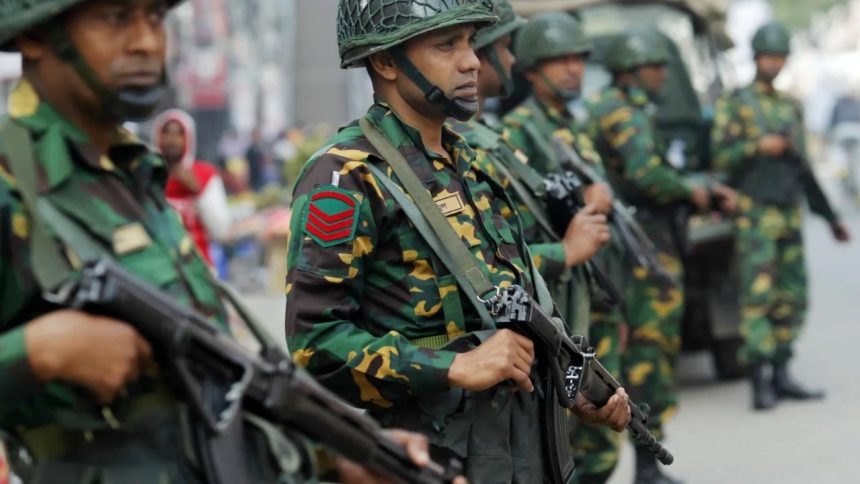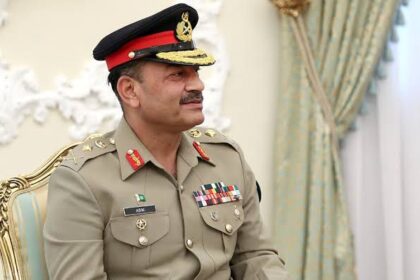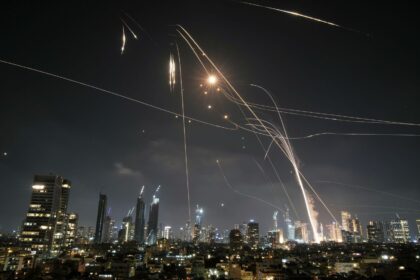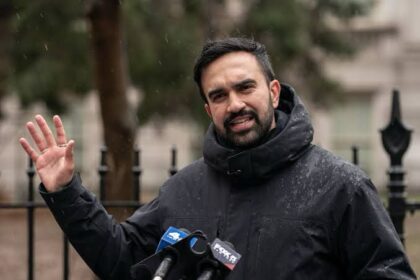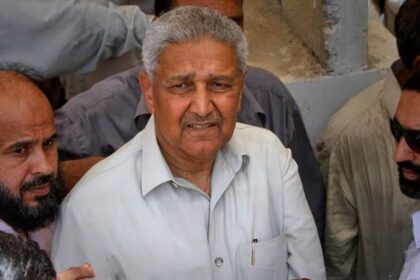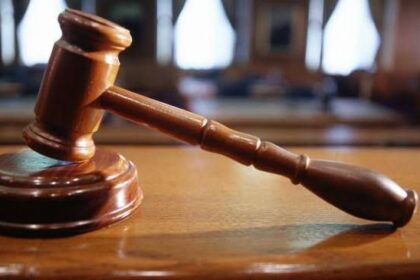The military plays a key role in the matters of the state, especially in times of political unrest, when the fate of a government hangs by a balance. Recent incidents in Bangladesh point towards this fact, and explain why things happened the way they did.
The protests in Bangladesh started against the government’s quota policies. The protestors demanded reforms, but their insistence bore no fruit. Ultimately, the government decided to crack down on the students leading the protests.
The crackdown was brutal and violent, leading to the deaths of hundreds – most of them students – and injuries to thousands of others. The government’s response to their peaceful protests further agitated them, and the quota reform movement transformed into a massive anti-government drive. The protestors were then asking for only one thing: the resignation of then-prime minister Sheikh Hasina Wajed, who was the longest-serving premier in the history of Bangladesh.
On Monday, the premier was forced to resign, as protestors stormed the Ganabhaban, the prime minister’s official residence. Ms Wajed fled the premises and the country in a military helicopter after resigning from office.
Following her ouster, the military intervened and declared its intent to form an interim government. Later, on the insistence of the protestors, Nobel laureate Muhammad Yunus’ name popped up as the most favorable candidate for leading the caretaker government in Bangladesh.
While the protestors succeeded in achieving their objective, details have recently surfaced about what transpired behind the scenes. According to Reuters, it was ultimately the military that decided to side with the people amid the crackdown that made all the difference.
The civilian government was gradually losing the support of the military. During the weekend, Chief of Army Staff General Wakeruz Zaman made it clear that the Bangladesh Army was on the side of the people.
Reuters reported that the top brass of the Bangladesh Army met amid the unrest and decided that the military would not enforce the curfew imposed by the government or open fire on the citizens. The premier was also told by the army chief that the military would not enforce a lockdown of the country.
What made the matter more complicated was the presence of retired military personnel in the swarms of protestors, who took to the streets against the premier. The presence of their former comrades among the protestors could have influenced the military’s decision to side with the people rather than the government.
This incident bears a striking resemblance with the downfall of Zine El Abidine Ben Ali in Tunisia. The protests in Tunisia during the Arab Spring culminated in the ouster of the dictator who had been ruling the country for 23 years. Ben Ali was forced out of office as people gathered against him, and had to flee the country.
What sealed his fate was the Tunisian military’s decision to not open fire on the people. This aspect was what boosted the morale of the people and signaled to the dictator that he no longer had the power to coerce the protestors into obeying his rule.
Research has shown that the military’s decision plays a significant role during moments like these. It is a determining factor for the fate of the ruler. This was true for Tunisia, and this was true for Bangladesh.
On the other hand, states where the military intervened against the protestors saw the government reclaiming control. The finest example in this regard is that of Bahrain, where protests during the Arab Spring were curbed with the support of the military, which allowed the ruler to stay in power.




